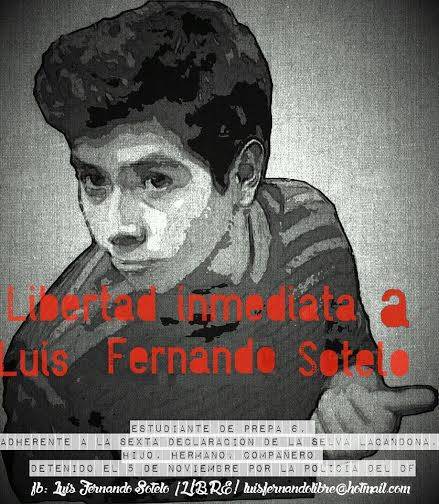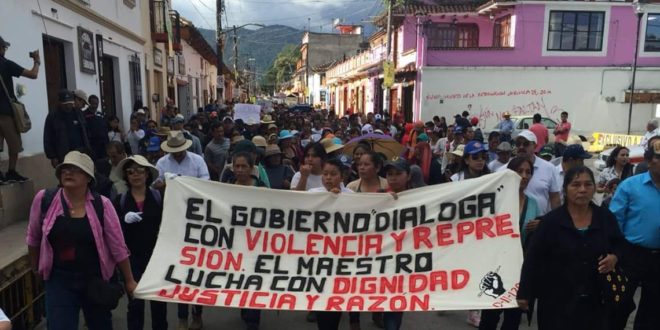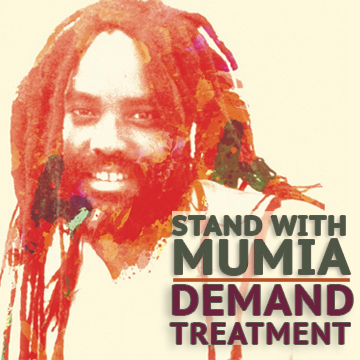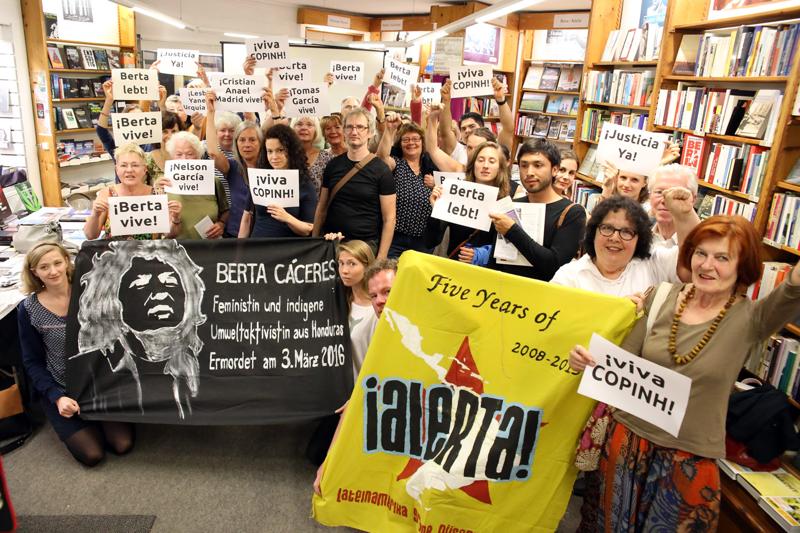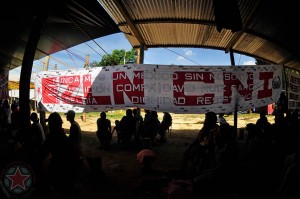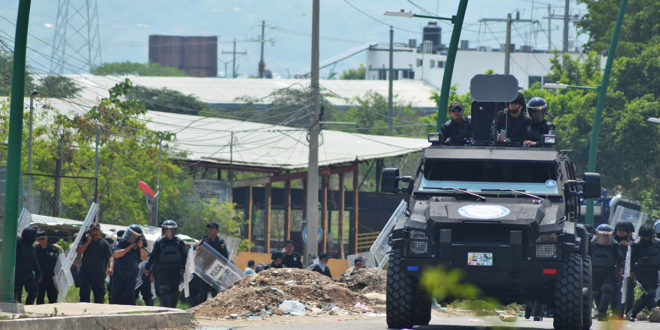
Topics

(Español) Impactos de megaproyectos en Chiapas en informe al Grupo de Trabajo sobre Empresas y Derechos humanos de la ONU
San Cristóbal de Las Casas, Chiapas, México
5 de septiembre de 2016
Boletín No 17
Impactos de megaproyectos en Chiapas en informe al Grupo de Trabajo sobre Empresas y Derechos humanos de la ONU
La responsabilidad de empresas y Estado mexicano en la violación a derechos humanos en comunidades y pueblos en Chiapas, forma parte de la información presentada al Grupo de Trabajo Sobre Empresas y Derechos Humanos de la Organización de las Naciones Unidas, (ONU) en el marco de la visita oficial del organismo internacional a México, del 29 de agosto al 7 de septiembre de 2016.[1]
El Informe Empresas y Derechos Humanos, elaborado por una Coalición de más de 100 organizaciones, comunidades y redes de la Sociedad Civil, incluye la documentación del caso: Construcción de la represa hidroeléctrica Chicoasen II, proyecto que afecta a población, con raíces indígenas zoques, previamente desplazada y despojada de sus tierras ejidales en los años ochenta por la represa Manuel Moreno Torres, mejor conocida como Chicoasén I.
El Comité Ejidal de Ejidatarios Básicos y Posesionarios Avencidados del Ejido Chicoasen, en Chiapas (Comité Ejidal Chicoasen) informó a la ONU los abusos a derechos humanos: a la consulta previa e informada y culturalmente adecuada, a la información, a la tierra y el territorio, por parte de la Comisión Federal de Electricidad y las empresas Sinohydro Costa Rica, Omega Construcciones, Desarrollos y Construcciones Urbanas y Caabsa Infraestructura, como resultado de los avances del proyecto hidroeléctrico Chicoasen II, desde el año 2012.
La empresa Sinohydro Costa Rica, compañía matriz con sede en Beinjin, tiene antecedentes de violaciones a derechos humanos en Honduras, donde estuvo involucrada en el proyecto hidroeléctrico Agua Zarca. El Consejo Cívico de Organizaciones Populares e Indígenas de Honduras la denunció como responsable de una estrategia desarrollada también en Chicoasen: falsificar firmas, imponer comisariados ejidales, hostigar, agredir y amenazar a campesinas y compesinos en complicidad con autoridades locales. Cabe recordar que Bertha Cáceres, ambientalista, líder del COPINH, defensora de derechos humanos y ganadora del premio medio ambiental Goldman, fue asesinada en marzo del 2016 en el contexto de la lucha lenca contra las empresas, hecho que alertó de la grave situación de riesgo para las personas defensoras del territorio en América Latina.
(Español) JORNADA DE SOLIDARIDAD del 19 al 23 de Septiembre POR LA LIBERTAD de Luis Fernando Sotelo Zambrano
Convocatoria a:
JORNADA DE SOLIDARIDAD del 19 al 23 de Septiembre
POR LA LIBERTAD de Luis Fernando Sotelo Zambrano.
En los últimos años el Estado Mexicano en sus tres niveles de gobierno, ha vuelto a implantar la vieja política de la guerra sucia, por lo que la prisión política, la desaparición forzada y los asesinatos han sido una constante en la última década, año con año recrudeciéndose esto, y dirigiendo la mira hacia los jóvenes, pues si los jóvenes son el futuro el Estado no va a permitir que sean estos quienes generen una esperanza de cambio, por lo que un joven que piensa, que es crítico, que no se deja y que lucha es un objetivo claro del estado a eliminar. Acá en la Ciudad de México desde hace años la política criminal del Gobierno de la Ciudad ha sido la de atacar a todo aquél que alce la voz, que se organice y resista sus políticas de despojo y muerte.
En este contexto nuestro compañero LUIS FERNANDO SOTELO ZAMBRANO es detenido el 5 de noviembre del 2014 dentro de la Tercera Jornada Global por Ayotzinapa. Acusado del incendio de un metrobús y su estación. Esta detención como muchas otras está llena de irregularidades legales, con violaciones graves y flagrantes a los derechos humanos, sin pruebas y aun así nuestro compañero lleva más de una año y medio secuestrado por el estado dentro del reclusorio sur en la CDMX.

